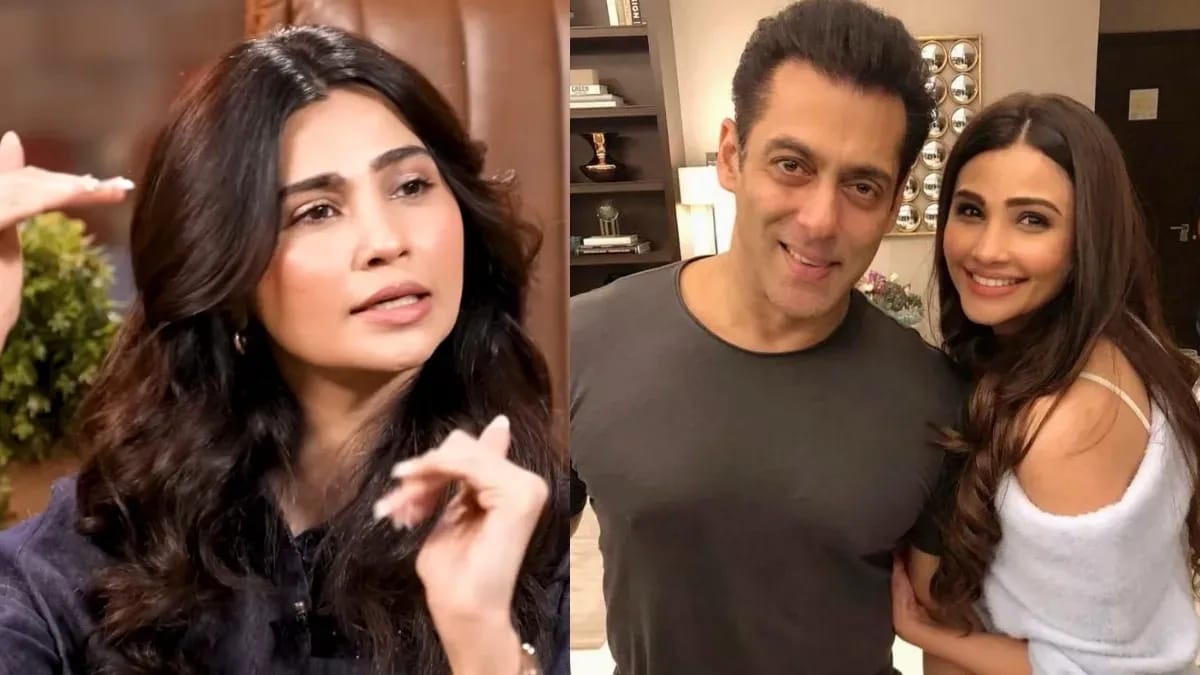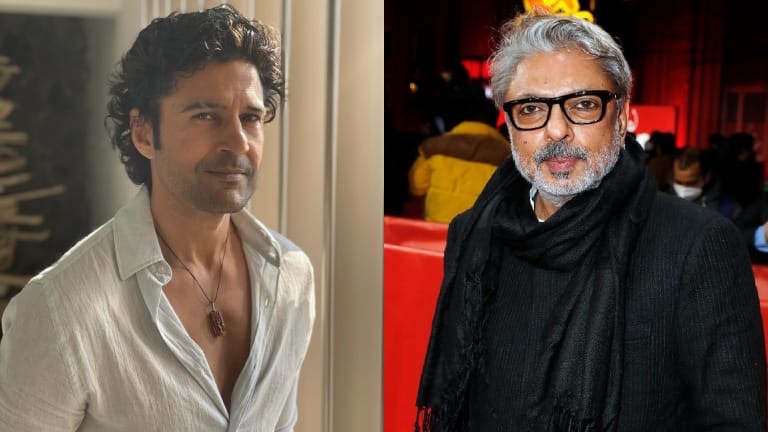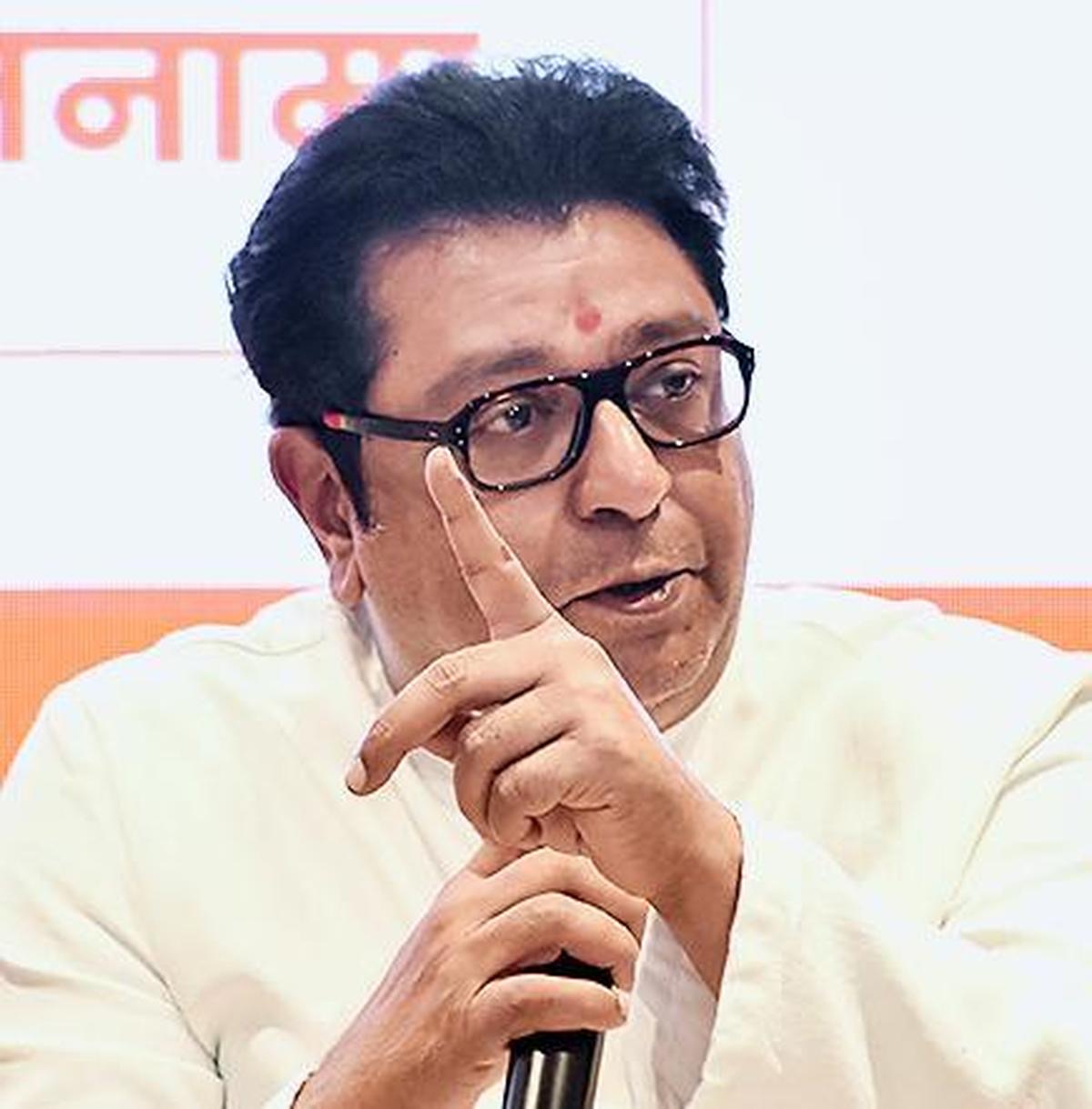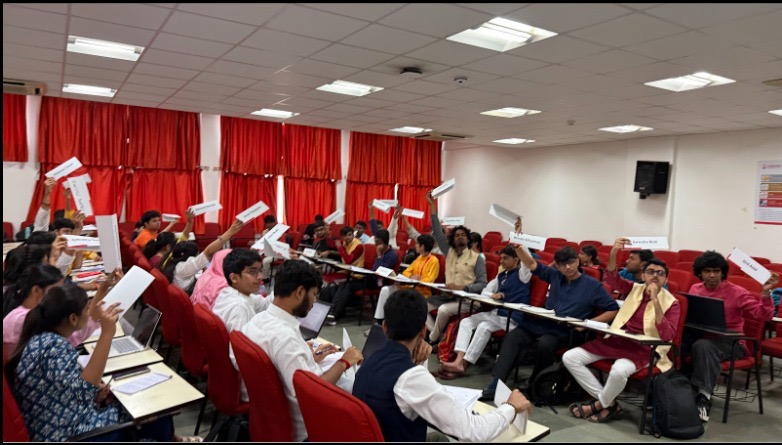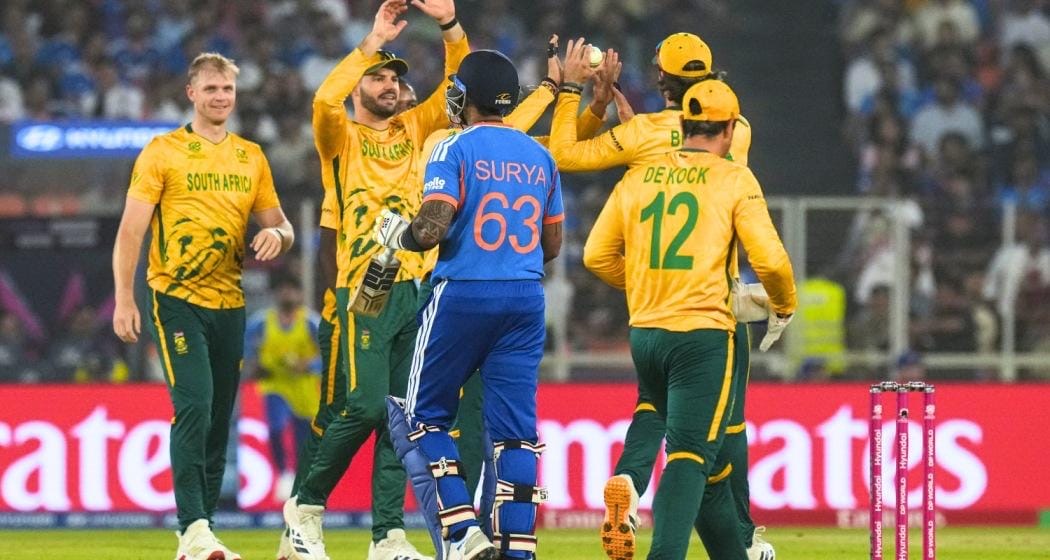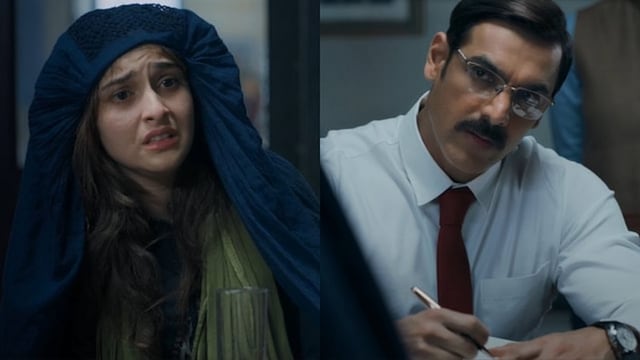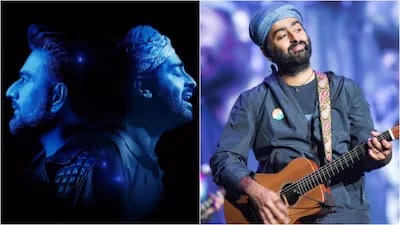Actress Sadia Khateeb shares her experience working in “The Diplomat”
 Actress Sadia Khateeb, who essays the role as Uzma Ahmed in the John Abraham starrer “The Diplomat”.she opens up on the emotional cost of portraying Uzma Ahmed. She had to convince herself.
Actress Sadia Khateeb, who essays the role as Uzma Ahmed in the John Abraham starrer “The Diplomat”.she opens up on the emotional cost of portraying Uzma Ahmed. She had to convince herself.
Sadia Khateeb may only have three films to her name, but she’s already proving that quiet strength and emotional depth can speak louder than hype. From her powerful debut in Shikara to a breakout role in The Diplomat, she’s building a career defined by purpose, not numbers.
Sadia Khateeb, the Kashmiri-born actress opens up on working with John Abraham, and choosing emotion over box office.
With just three films to her name, she has carved out a place in Indian cinema by doing the one thing most new actors are too afraid to do: go deep.
She made her debut in Vidhu Vinod Chopra’s Shikara and won hearts in Raksha Bandhan, and now she gets rave reviews for her raw, grounded performance in John Abraham starrer “The Diplomat”. Sadia has proved that she’s not here for the spotlight but for the story.
In the midst of interaction with the media, Sadia reveals over the emotional toll of playing real-life survivor Uzma Ahmed, sharing screen space with John Abraham
about bike obsessions, migraines that linger long in the film fter the camera stops rolling, and the one thing she hopes The Diplomat leaves behind: courage.
For Sadia, she just wants to be a small fish in a very deep ocean.
The reviews so far have been really kind, and she is thankful for that. But she would be lying if she said she wasn’t also anxious about how it’ll land at the box office on Friday. That’s the part she is watching closely now. There’s a different kind of validation that comes from how people show up for a film—and she is hopeful.
On Uzma Ahmed’s story, Sadia said that
what struck her first was how deeply human the story is. It wasn’t just a headline or a case—it felt emotional, relatable, and very real. It’s the kind of story that makes you pause, feel, and imagine what you’d do in that situation.
advetisement
As an actress, she immediately knew her role was a gift, layered, emotional, and offered a wide creative playground. She was deeply excited.
Talking about real-life survivor, it was definitely a different kind of weight to carry. An actor’s job is to convince that this is our trut so we can help the audience believe it too.
This role was new terrain for her and she hadn’t done anything like it earlier. So she leaned entirely on her director, trusted her vision, tried to understand the way she saw the story, and followed her lead and it was very collaborative.
The entire crew was with her- her co-actors, her DOP, ADs, the entire crew—everyone’s working together to a world that feels real.
And when that synergy clicks, the performance flows through that energy. That’s what she believes in.
On sharing screen space with John Abraham, ʻhigh-stakes, intense narrative, she went on to add.
It was absolutely thrilling sharing screen with an actor of the status of John Abraham was a fantastic experience—he’s delivered what she believe is one of his best performances to date.
He’s been incredibly honest in this role. You can see the amount of heart he’s put into it. What really moved me was how, after doing so many films, he still gives everything. That kind of conviction is rare.
When he became JP in the film, she didn’t see John Abraham anymore and she’s been saying this in every interview because it’s true.
Usually on a film set, you meet your co-actor, chat, bond, and get comfortable. But here, our director was very clear—her chemistry with John needs to build slowly, just like Uzma and JP’s relationship in the film. So didn’t hang out right away – kept a little distance—on purpose.
No friendly banter. No behind-the-scenes bonding. Because the director didn’t want Sadia and John to be visible. She wanted Uzma and JP to emerge, with all their tension and emotional evolution – that worked.
That decision shaped a lot of our scenes together, kept the emotional stakes high and the onscreen power dynamics real.She loves bike and horse riding since I was a kid. not a bike expert and don’t understand the mechanics or the tech—but loves the thrill. If she is put on the backseat, she feels the happiest.
She was probably six or seven when Dhoom released. She was obsessed with Kabir. That’s when her bike obsession really started. When she met him on set, he actually took her to his garage and showed her his bike collection. John has the most beautiful bikes.
Coming to the film it deals with some incredibly difficult themes—forced marriage, captivity, survival.
She further hopes women who watch this film take away one message: you have to stand up for yourself.
Before JP or the Indian government got involved, Uzma had to take that first step. She had to recognize that what was happening to her wasn’t right. That decision—to say “this is wrong” and to act on it—that had to come from her.
So if any woman, in any situation—whether it’s domestic violence, emotional abuse, or any kind of coercion—is hearing this: please know you have to find that strength inside you. Because if you don’t stand up for yourself, no one else will. People can help you, but it starts with you. And I know it’s easier said than done—things feel very different when you’re actually in that situation. But she hopes this film gives someone the courage to believe there is a way out.
There are people out there who will help you. There is a way forward. You are not alone.
From Shikara to Raksha Bandhan to The Diplomat, she has incredibly diverse and emotionally charged roles. Talking on kinds of characters,
jonestly, nothing strategic. She is ust doing her job—going for auditions, giving it her best, and hoping something works out. If selected, read the script, do the work. That’s it. It’s not like she has some master plan.
It’s all God’s plan. She genuinely believes that.
Film Shikara came to
her when she had no expectations, Raksha Bandhan happened next, and now The Diplomat. Just grateful. These are not choices she engineered—they were gifts that came her way.
News Edit KV Raman


